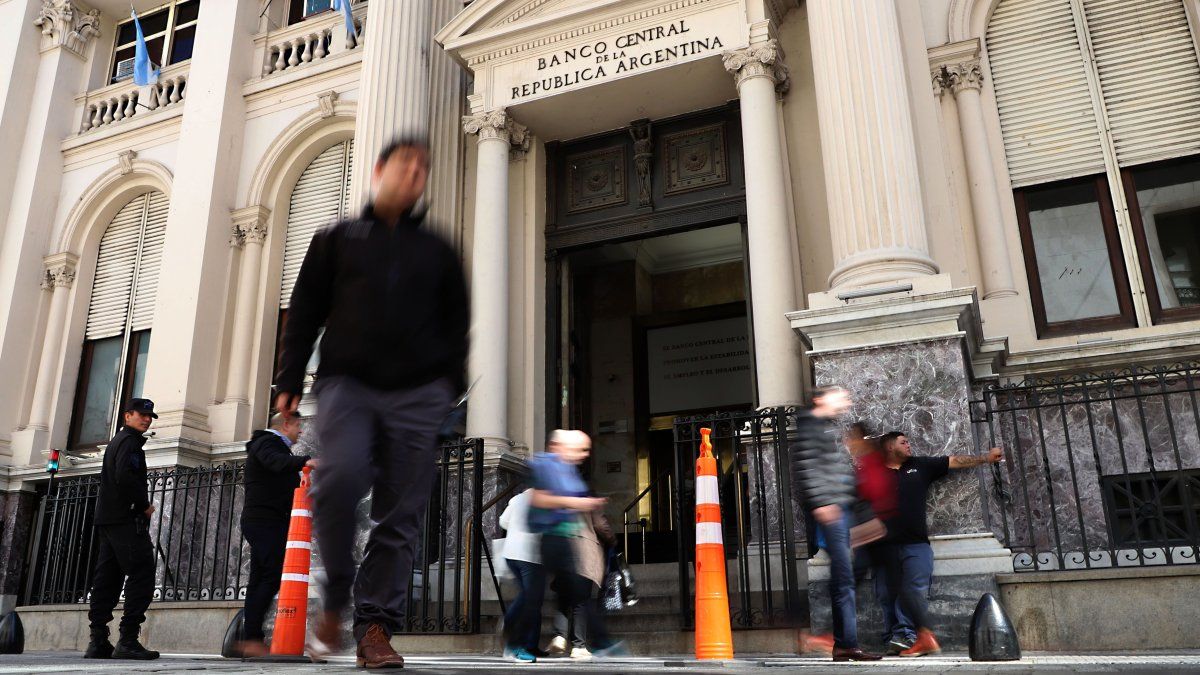He International Monetary Fund (IMF) made a request to the central banks of the world, especially those whose countries are going through electoral processes this year, to resist political pressures to reduce interest rates and maintain a prudent course regarding the monetary politics. What is the status of the situation in Uruguay?
The inflation in the world continues to be one of the main problems of the international economy and, although improvements have been achieved during 2023, it is far from being a completely controlled situation or, in any case, an aspect to stop prioritizing in recovery strategies. each country. In this sense, it is enough to look at the direction of Uruguay that, having been the leader in the cycle of interest rate cuts in the region during last year, and with inflation that has been within the target range for nine consecutive months, 2024 began with a pause in the reductions due to the firm decision to continue reducing pressure on prices.
In this regard, the director of the IMF, Kristalina Georgieva, in a publication available on the organization’s blog, in which he urged those responsible for monetary policy to resist the demands and pressures to which they may be subject in order to advance a premature reduction in interest rates. This, especially, considering that in more than 60 countries in the world—including Uruguay- there will be elections this year.
For the hierarchy, the oldest independence of central banks It better protects price stability, which is key to the prosperity of economies. In this regard, and without mentioning any specific case, he maintained that “the risks of political interference in decision-making and staff appointments in banks are increasing”, but that monetary policy authorities should not give in to the pressures they see in reducing costs – due to the value of debt and the exchange rate – a “easy” response or gesture for voters.
The case of Uruguay, between the exchange rate delay and the independence of the BCU
Uruguay is not exempt from the risks mentioned by the IMF and, therefore, to comply with the agency’s recommendations. Although the Central Bank of Uruguay (BCU) has been characterized—and has been publicly recognized—by its non-interference in the exchange rate, the decision to keep interest rates unchanged after the first meeting of the Monetary Policy Committee (Copom) It was not well received in several sectors, especially exporters, who see the exchange rate and competitiveness constantly falling.
The truth is that the dichotomy between exchange delay and the inflation control —in what appears to be an example of the short-sheet theory— is not new on the public debate table; but this year it has taken on greater centrality, once again, with the arrival of the pause in the cycle of cuts in the Monetary Policy Rate (MPR) by the BCU and the apparent abandonment of the dollar from the “ironed” price with which it began 2024 in favor of a downward trend that has made it retreat by 3.43% – more than what it fell in 2023 – so far in March alone .
However, and despite the insistent claim of the productive and exporting sectors regarding the exchange rate delay, the attitude of the authorities of the BCU is clear: the exchange rate is floating and monetary policy should not intervene in it. In fact, this was one of the reasons that allowed the agency’s recent improvement of the country’s investment grade rating. Moody’s.
In parallel, there is the intention to continue lowering inflation, which, although in the last nine months it was within the target range, most projections indicate that this scenario would be reversed for the second half of the year. Even business expectations place annual inflation above the 6% ceiling maintained by the Macroeconomic Policy Committee for 2024. In this context, it does not seem that the BCU is going to give in to the demand for a further cut in rates.
Meanwhile, among analysts and political leaders there are those who understand that the exchange rate delay is the result of the greater flow of foreign currency from the foreign direct investment (FDI) —an argument put forward not only by the government but also by other organizations such as, for example, the Center for Development Studies (CED). On the other hand, there are those who point to the lack of “clarity in monetary policy”, as is the case of Adrian Fernandez of the Economic Research Center (Cinve); and they urge greater intervention by the BCU to achieve a more competitive dollar, as pointed out by the former president of the central bank and pre-candidate of the Frente Amplio, Mario Bergara.
Source: Ambito




